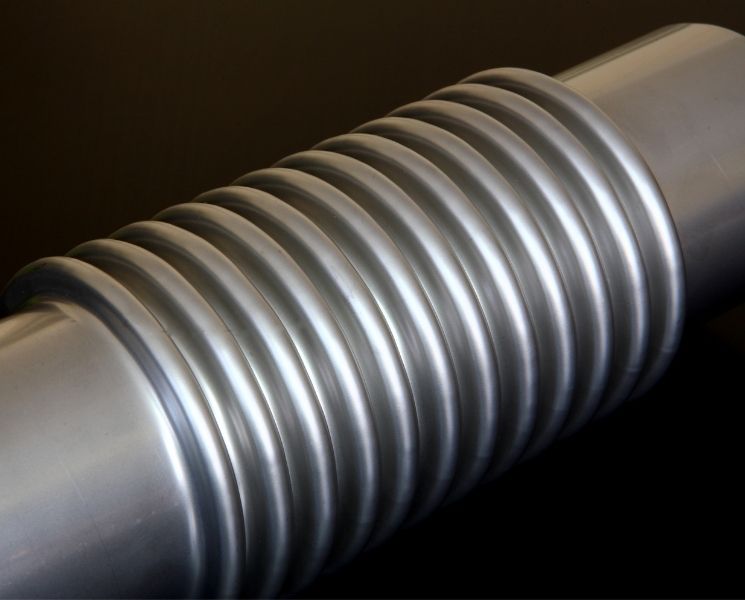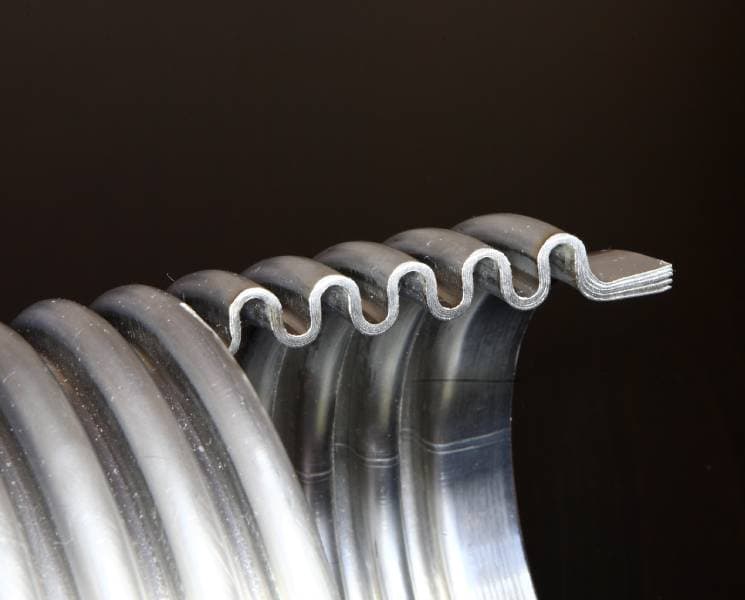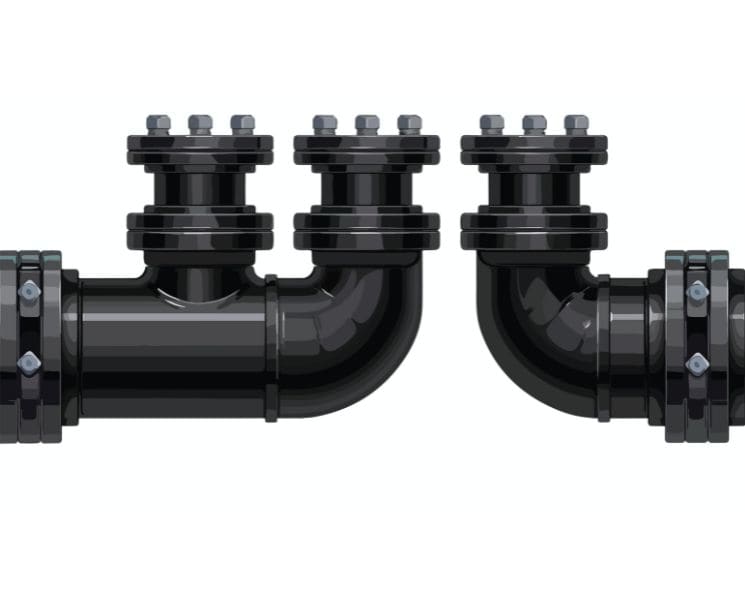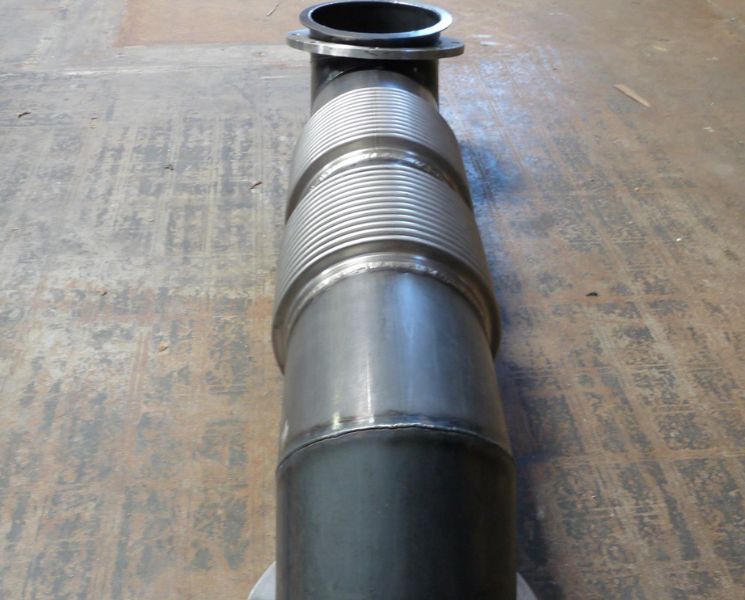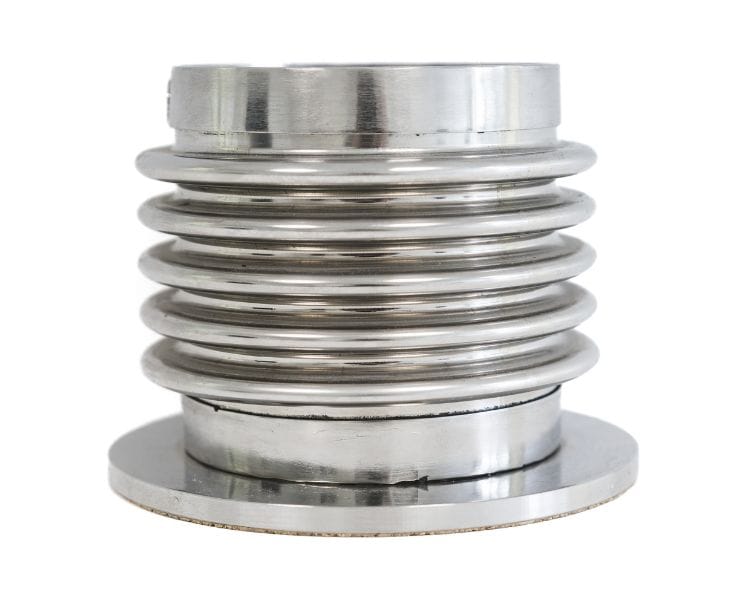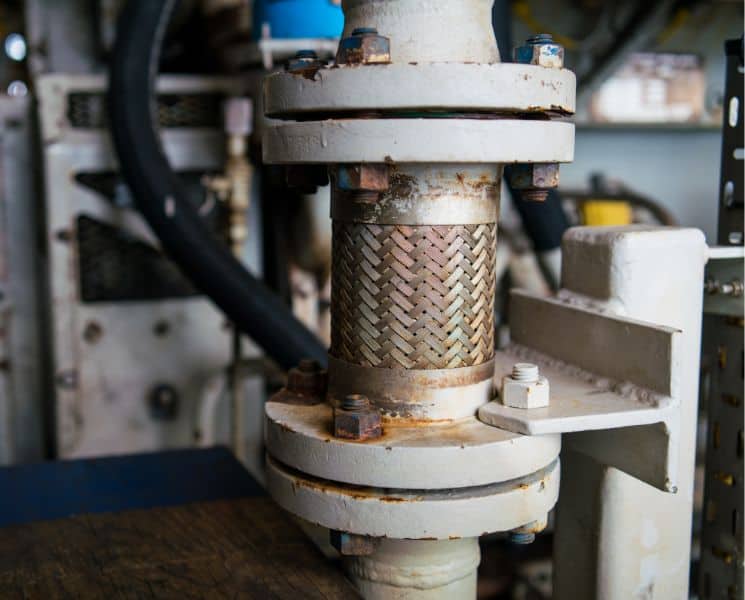An expansion joint holds parts together, allowing temperature-induced expansion and reducing detrimental movement due to various weather conditions. Expansion joints absorb heat-induced expansion and contraction, take in vibrations, hold parts together, and allow movement due to settlement or earthquakes. They are often in bridges and sidewalks. You can also find them in sections of buildings, piping systems, and ships because expansion joints also reduce leakage and failure.
There are many types of metal expansion joints, and it’s essential to know their functions so that you properly secure piping systems. Read below to understand how gimbal and hinged expansion joints differ.
Gimbal Expansion Joints
A gimbal expansion joint is a variant of a hinged expansion joint. However, this type absorbs angular rotation and only allows angular movements. It can absorb angular movements in numerous planes without transferring pressure on the fixed points. A gimbal expansion joint is more flexible than hinged expansion joints because it can accommodate multiple angular rotations. Gimbal joints provide control over the movement imposed on the joints and support a pipe’s weight.
Hinged Expansion Joints
A hinged expansion joint contains hinges or axes that allow the unit to bend in a single plane. It prevents axial deviation due to either extension or compression. Hinged expansion joints accept full pressure, and because of their design, the adjacent piping weight can relieve the pipe from needing additional support and anchors.
How Do They Differ?
How do gimbal and hinged expansion joints differ? Hinged expansion joints take angular rotations in only one plane, whereas gimbal expansion joints take an angular rotation in two planes.
Hinged expansion joints usually find use in:
- Power plants
- Steel plants
- Air, steam, and flue gas ducts
- Gas turbine systems
Gimbal expansion joints are common in:
- Railway expansions
- Bridges
- Skyscraper buildings
If you’re unsure or need to find the perfect bellow for your application, then get in touch with Triad Bellows. We can ensure that you get the help you need to choose the right one.

